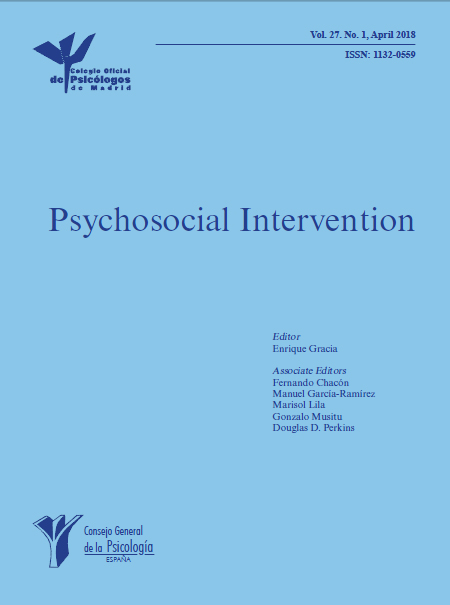
Do testimonies of traumatic events differ depending on the interviewer?
[Do testimonies of traumatic events differ depending on the interviewer?]
Rebecca Brönnimann1, Jane Herlihy2, Julia Müller3 and Ulrike Ehlert1
1Department of Psychology, Clinical Psychology and Psychotherapy, University of Zurich (Switzerland)
2Centre for the Study of Emotion and Law (CSEL) (UK)
3Department of Psychiatry, University Hospital Zurich, (Switzerland)
Abstract
While differences in witness narratives due to different interviewers may have implications for their credibility in court, this study considers how investigative interviews by different parties to the proceedings, as well as the gender and nationality of interviewers, can influence the testimony of witnesses in court who share comparable traumatic experiences. The foundation of the analysis was answers given to judges, prosecutors, civil party lawyers and defence lawyers in the Extraordinary Chambers in the Courts of Cambodia (ECCC) located in Phnom Penh. Transcribed testimonies of 24 victim witnesses and civil parties which were translated from Khmer into English were analysed using a computer-based text analysis program, the Linguistic Inquiry and Word Count (LIWC). Results showed that when answering questions by females, witnesses used significantly more cognitive process words. When interviewed by international rather than by Cambodian parties to the proceeding witness acs were composed of significantly more verbal expressions of affective processes and of perceptual processes. Furthermore, witnesses used most cognitive and affective process words during the interview by civil party lawyers and defence lawyers. These results may be due to a prior supportive relationship between civil parties and their lawyers and due to a more interrogative question style by the defence lawyers, who attempt to undermine the credibility of the interviewed witnesses. Data shows that LIWC analysis is an appropriate method to examine witness acs and, therefore, contributes to a better understanding of the complex relationship between testimony in events under litigation and credibility.
Resumen
Sobre la base de que las diferencias en los relatos de testigos debidas al papel de los entrevistadores pueden tener consecuencias cara a la credibilidad ante la Sala de Justicia, se planteó un estudio con el objeto de abordar cómo las entrevistas investigativas de las partes implicadas en el procedimiento, así como el género y nacionalidad de los entrevistadores, pueden influir el testimonio de testigos que compartieron experiencias traumáticas similares. Como objeto de estudio se tomaron las repuestas dadas a jueces, fiscales, y abogados de la acusación particular y defensa, Cámara Extraordinaria de las Cortes de Camboya (CECC) en Phnom Penh. Las transcripciones del testimonio de 24 víctimas y civiles, traducidas al Inglés del Jemer, fueron analizadas con el programa Linguistic Inquiry and Word Count (LIWC). Los resultados mostraron que al responder a las preguntas de operadores jurídicos femeninos, los testigos utilizaban significativamente más palabras del procesamiento cognitivo. Al ser entrevistados por las partes internacionales y no por las camboyanas, las declaraciones de los testigos en el procedimiento contenían significativamente más expresiones verbales de los procesos afectivos y perceptuales. Además, los testigos utilizaban más palabras de procesamiento cognitivo y afectivo cuando eran entrevistados por los abogados d la defensa y la acusación particular. Estos resultados pueden deberse a una anterior relación de apoyo entre los abogados, y a un estilo, por parte de los abogados defensores de preguntas más interrogativo, con el que intentaría socavar la credibilidad de los testigos. Los resultados avalan al análisis LIWC como método apropiado para examinar los relatos de testigos y, por extensión, a contribuir a una mejor comprensión de la compleja relación del testimonio en condiciones de litigio con la credibilidad.
Keywords
legal interview; interviewer characteristics; variability in witness acs; Linguistic Inquiry and Word Count (LIWC), traumatic event.
Palabras clave
entrevista judicial; características del entrevistador; variabilidad en el testimonio; Linguistic Inquiry and Word Count (LIWC); evento traumático.
Copyright © 2026. Colegio Oficial de la Psicología de Madrid















